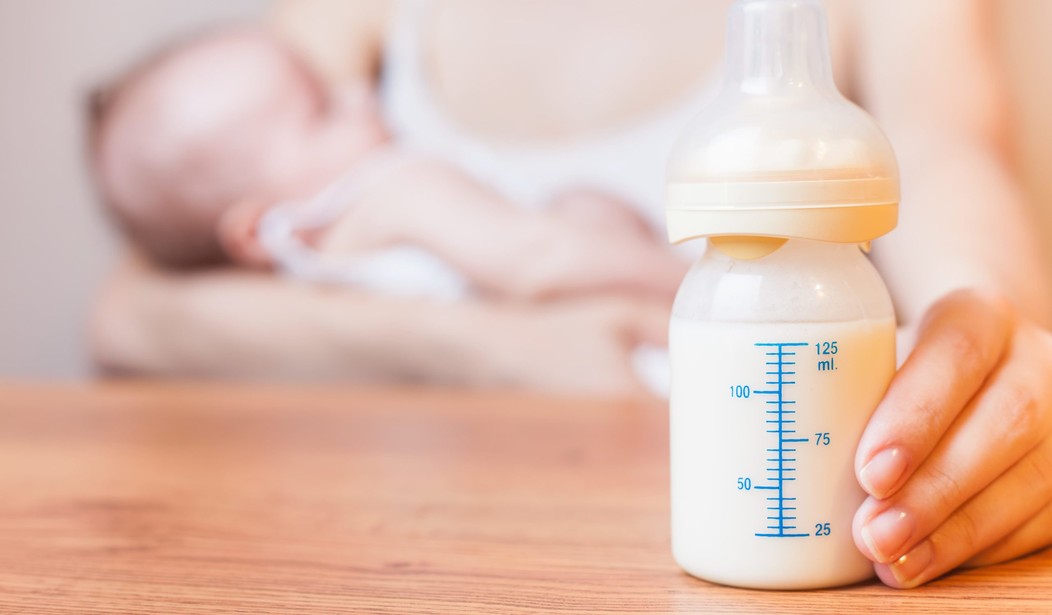My intention was always to breastfeed my child. Therefore, you can imagine my shock and dread as a first time mom when, after giving birth two weeks early, I had no breastmilk to feed my hungry baby boy. “Keep trying, it will come,” the nurses advised, hovering over me as my infant son, whose blood sugar was rapidly dropping, screamed in hunger. Fortunately common sense and a friend’s advice motivated me to inquire, “When can we give him some formula?”
Three days later my husband and I arrived home knowing we’d have to continue feeding our son formula until my milk supply came in. Having no clue what to do, we were left to figure out what formula to give our son, how to prepare it, how to store it and how to clean and sterilize the bottles ourselves. The most advice our pediatrician could offer was, “Pick whichever formula you want, they’re all the same.”
But, apparently they aren’t. If they were I wouldn’t have had to diagnose my son with acid reflux a month later and pursue formula recommendations before our nightly screaming sessions turned into vomit parties. All formulas, as it turns out, are not created equal. And for some babies, like mine, dining on alternate courses of mommy’s milk and formula is a digestive impossibility.
Hillary Kuzdeba is a mother who has both breastfed and bottle fed her daughter. She also holds a Masters in Public Health and worked for a number of years as a program coordinator for a nursing group at a large children’s hospital. In a recent blog post for the Fearless Formula Feeder website, Kuzdeba decries the complete lack of instruction given to parents regarding formula feeding. She notes:
When we send new parents home with absolutely no education on even the basics of formula feeding like appropriate bottle cleaning and safe storage, we are purposefully withholding critical safety information that could potentially result in harm to an infant. Even parents who appear committed to exclusive breastfeeding should still be educated on these subjects given that most will end up using formula at some point. Assuming they won’t need this information is wishful thinking.
From the beginning I was pressed by every healthcare professional I encountered with the question, “Are you breastfeeding?” I was offered information on pumps, lactation consultants and breastfeeding clinics and support groups. Not once was I ever offered any information on formula feeding. I recall reading Mayim Bialik’s statement that, as a certified lactation consultant, she is well aware of “when and how to use formula” and laughing at the irony. If those lactation consultants knew so much about formula, why were they prodding at my breasts, poking at my son’s tongue and egging me on to “just keep trying,” despite my starving baby’s cries?
Statistics show that less than 30% of American women breastfeed their child through the first six months of their life. This means that formula is a reality for over 70% of mothers and babies in this country. The lack of simple information on how to feed your baby is horrifying, and that lack of information begins at birth. If we really want to cure the health crisis plaguing today’s children we should start by teaching parents the correct way to feed through both breast and bottle beginning on day one.
Image via Shutterstock.









Join the conversation as a VIP Member